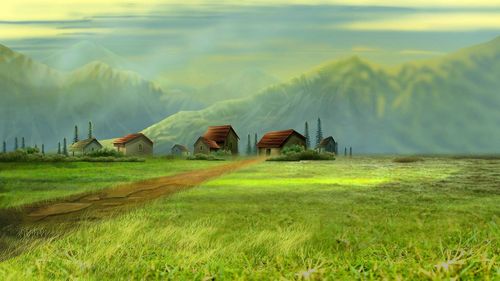Spices have been an integral part of human civilization for centuries, adding unique flavour and aroma to food. The story of spices begins in ancient times, with many different cultures and regions contributing to their development. Let’s explore the global timeline of spice history and learn about the journey of these exotic ingredients.
3000 BCE – Spices were first used in the Indus Valley Civilization and Ancient Egypt for medicinal purposes.
1500 BCE – The use of spices in cooking began in China. Cinnamon, ginger, and cloves were prevalent, and they were believed to have healing powers.
700 BCE – Greeks started using spices like thyme, oregano, and coriander in their cuisine.
600 BCE – The Roman Empire emerged as a significant spice trade centre, with cinnamon being imported via trade routes from the Arab world.
1000 CE – Spices became increasingly popular in Europe, with many explorers and traders searching for new spice routes. This led to the discovery of new spices like black pepper, which increased its popularity.
1200-1400 CE – The spice trade was prominent in India, with traders selling goods all over the world, particularly to Europe. The spices produced in India included cumin, cardamom, and turmeric.
1400-1500 CE – The Portuguese became the first Europeans to travel to the Far East to find new spice routes, leading to the establishment of Europe’s spice industry.
1600-1700 CE – Numerous spice companies, including the British East India Company, emerged as an essential part of the global spice trade.
1800s CE – The industrial revolution led to technological advancements in transportation and preservation, allowing spices to be transported further and last longer.
20th century – The production and processing of spices became more advanced, with more refined techniques being available for the production of various spices.
In conclusion, the history of spices is a journey rich in culture and heritage. These exotic ingredients have been an integral part of human culture and have provided nutritional and medicinal value for centuries. We must embrace and protect this rich history and cherish these precious ingredients.
(Note: Do you have knowledge or insights to share? Unlock new opportunities and expand your reach by joining our authors team. Click Registration to join us and share your expertise with our readers.)
Speech tips:
Please note that any statements involving politics will not be approved.
